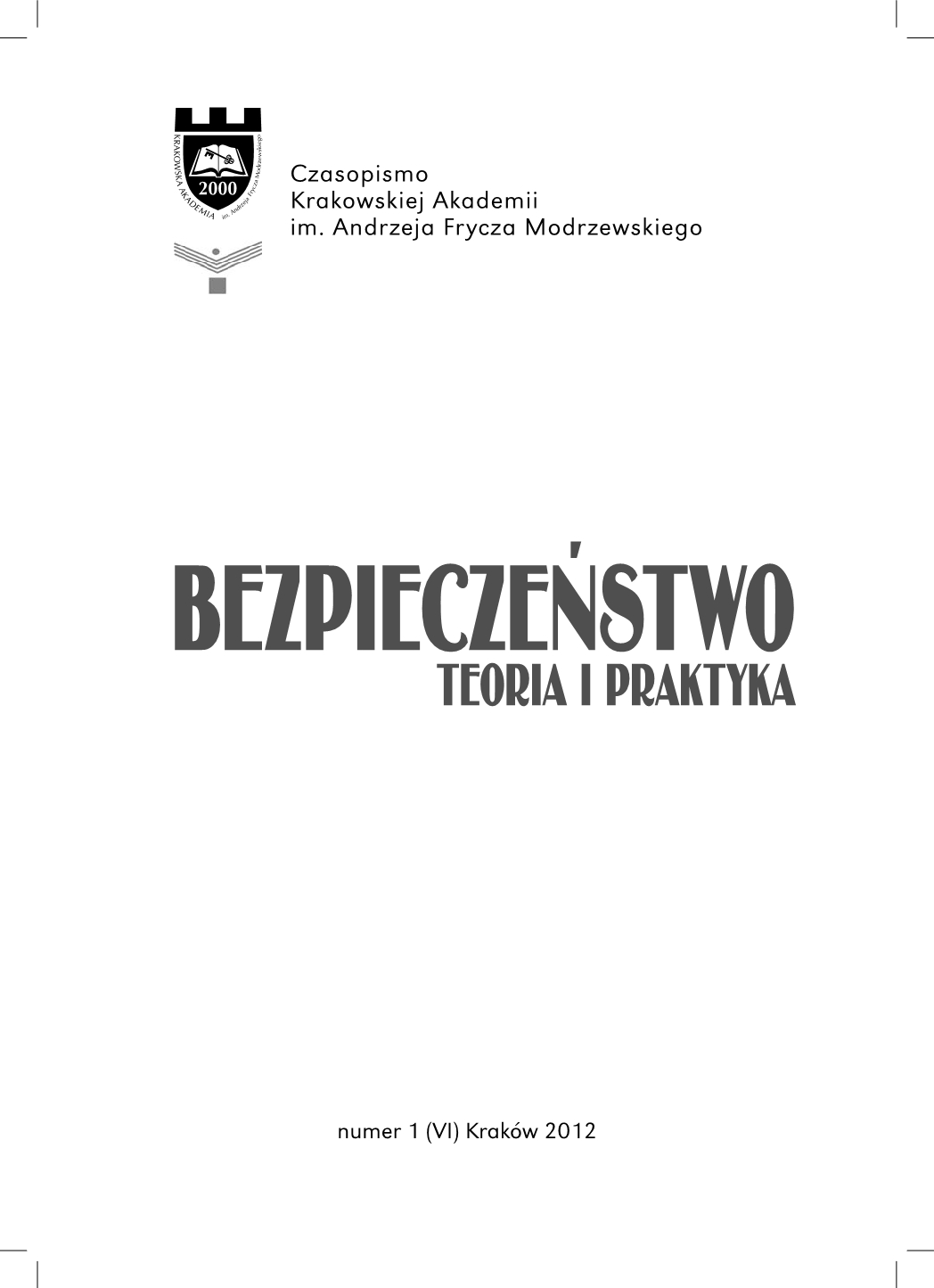Rosyjska „geopolityka rurociągów” dwadzieścia lat po rozpadzie ZSRR
The Russian ‘geopolitics of pipelines’ 20 years after the collapse of the USSR
Author(s): Tomasz MłynarskiSubject(s): Energy and Environmental Studies, Economic policy, International relations/trade, Security and defense, Transformation Period (1990 - 2010), Geopolitics
Published by: Oficyna Wydawnicza KA AFM
Summary/Abstract: December 2011 marked the 20th anniversary of the USSR collapse. To what extent has the Russian policy and energy strategy changed after 20 years of political and economic transition? What are the new energy policy objectives of Russia in the second decade of the twenty-first century? For years, a special place in Russia’s raw materials strategy has been played by the policy to maintain control of transmission network resources. This policy covers both constructing of new transmission lines as well as gaining control of the petroleum and gas systems of transit countries. After two decades Russia reorientated its policy towards the East. At the same time, thanks to the involvement of large European corporations in new joint projects such as the Nord Stream or the South Stream gas pipelines, Russia effectively holds the position of the key energy supplier in the European market and controls main the gas export routes to the EU. Such a policy ensures Russia’s influence on energy security across the EU. Russia, in response to new challenges, takes actions aimed at preventing the development of unconventional gas production technologies in Europe.
Journal: Bezpieczeństwo. Teoria i Praktyka
- Issue Year: VI/2012
- Issue No: 1
- Page Range: 65-79
- Page Count: 15
- Language: Polish

